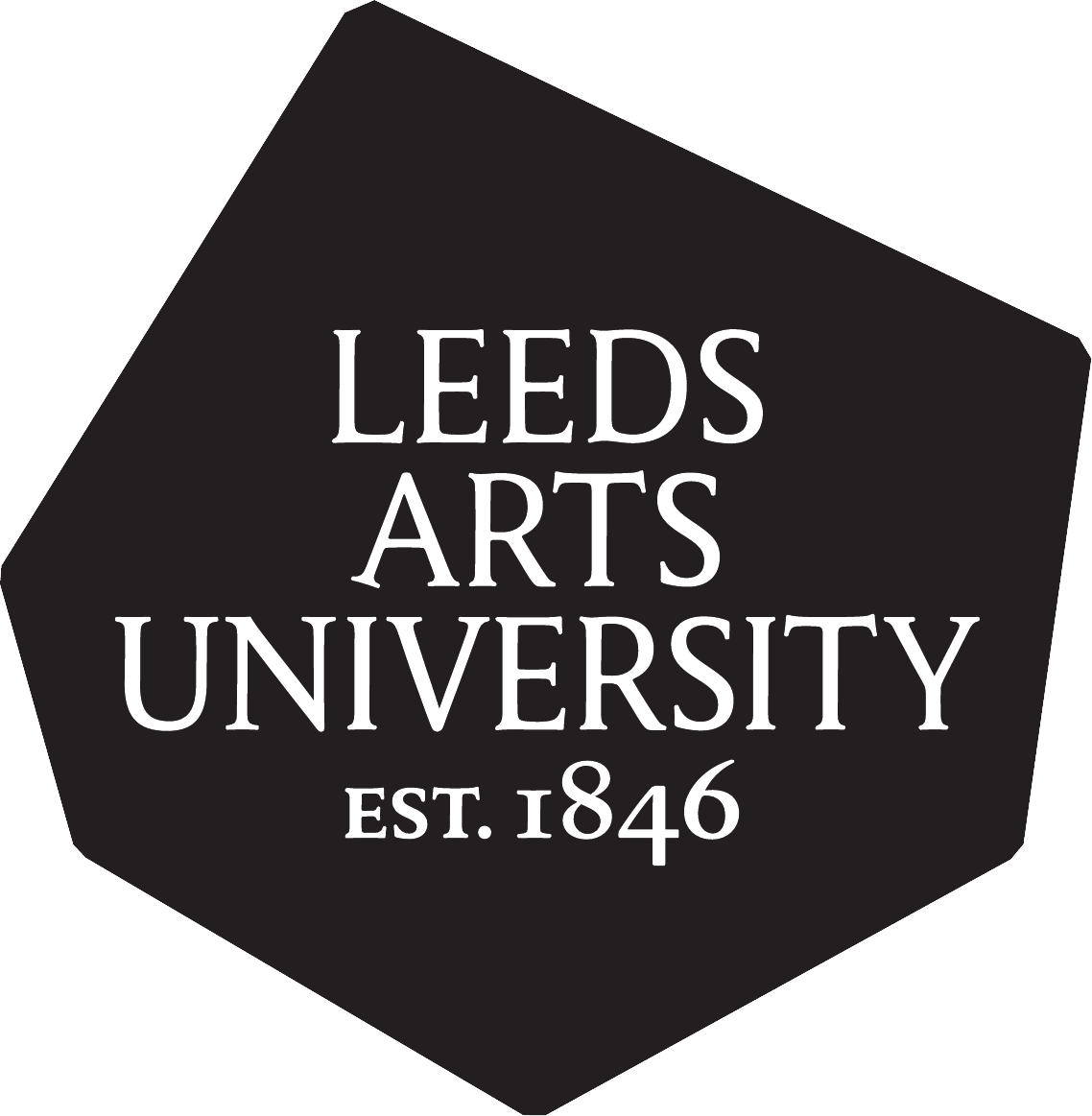Reconnecting practice: pedagogies of fashion thinking
Hudson-Miles, Samantha 
Abstract
Broadly speaking, the issue of sustainability in the fashion industry is nothing new (Fletcher, 2016; Gwilt,2014; Siegle, 2008), and it continues to gain momentum; unsurprising, given that, despite the warnings, there are more garments in circulation than ever. However, although the inherent problem with ‘Fast Fashion’ lay in the over-production and over-consumption of clothing, to, ultimately, satisfy the consumer’s desire, we cannot blame the consumer. We must return to the first stage of the cycle; the designer, and contemplate how we, the educator, can awaken the student’s relationship to their practice, with a sustainable and conscious mind-set. In her 2015 Anti_Fashion Manifesto for the next decade, Li Edelkoort (2015) stated that we are witnessing “the end of fashion as we know it”, making reference to the impact of ‘Fast Fashion’ on the future drivers of the fashion eco-system; today’s ‘Generation Y’ fashion design students. Edelkoort declares that the expectation to create accessories, brochures, to arrange shows, photography, and communications, only serves to dilute the essence, and purpose, of 21st century, sustainable, fashion design thinking. Within a year of the publication of Edelkoort's manifesto, Kate Fletcher's 'Craft of Use' (2016) project paid homage to the 'tending and wearing' of garments as much as their creation, revealing the expression of fashion 'in a world not dependent on continuous consumption', where garments, whilst 'sold as a product, are lived as a process'. This paper considers these two globally renowned fashion educators’ predictions and practices, and demonstrates ways in which their influence has served as a bedrock in the advancement a BA (Hons) Fashion curriculum, in the context of sustainability, and a conducive re-alignment of fashion design thinking and practice, pedagogically. A case study will demonstrate the methodologies applied by a final year BA (Hons) Fashion student through a graduate collection that articulates a holistic approach to sustainable design practice. From mindful practice at the initial stages of exploration, to a collection that takes a non-binary approach, not only in its aesthetic, adaptable sizing and fit offer, but in offering solutions to wider social, economic, and consumptive issues.
Actions (login required)
 |
Edit Item |

